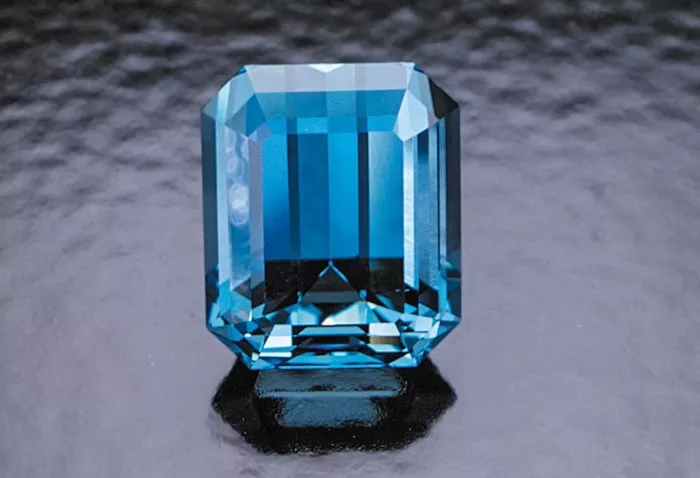Aquamarine, a coveted mineral in the pixelated realm of Stardew Valley, holds the attention of players, particularly those dedicated to the Gemologist Profession. This guide delves into the depths of the Mines, providing insights into the elusive Aquamarine, from where to find it to optimal farming techniques and its versatile applications.
Where to Find Aquamarine
To unearth the beauty of Aquamarine, miners must descend to the 40th Floor of the Mines. Nodes, mineral-rich deposits, start appearing beyond this level, offering a chance to mine Aquamarine. While breaking Aquamarine Nodes is the primary method, intrepid adventurers may also stumble upon this gem in Garbage Cans on their journey to the deepest floors.
Best Ways to Obtain Aquamarine
Beyond breaking nodes, several alternative methods exist for acquiring Aquamarine in Stardew Valley:
Gem Nodes: These randomly generated mineral deposits on Mine Floors yield Aquamarine when broken, making them a reliable source for this gem.
Dwarvish Sentry Drops: Confronting Dwarvish Sentries in the Volcano Dungeon presents a 10% chance of obtaining Aquamarine and other gemstones.
Fishing Treasure Chests: While fishing, keep an eye out for the box icon in the gauge, indicating a Treasure Chest. Reel it in for a chance to discover Aquamarine among other valuable items.
Panning in Rivers: Equip the Copper Pan and pan in shimmering blocks of water in rivers, presenting a 1.6% chance of obtaining Aquamarine.
How to Farm Aquamarine
For a more dependable source, players can employ the Crystalarium on their farm. Requiring Mining Level 9, the Crystalarium duplicates gemstones over time. To craft it, gather 9 Stones, 5 Gold Bars, 2 Iridium Bars, and 1 Battery Pack. Place one Aquamarine inside, and the Crystalarium will produce additional Aquamarines periodically, offering a sustainable source.
What to Do with Aquamarine
Aquamarine serves various purposes in Stardew Valley:
Profitable Selling: Selling Aquamarine yields 180 Gold, with Gemologist Profession holders fetching 234 Gold. A lucrative option for boosting in-game income.
Forging Weapons: Enhance the Critical Hit ratio of melee weapons by adding Aquamarine to the forging process, a valuable strategy in combat.
Gifts: Strengthen bonds by gifting Aquamarine to characters like Emily, Clint, and the Dwarf, increasing friendship points and unlocking new interactions.
Crafting: While primarily used for profit and gifts, Aquamarine can be crafted into a Marble Brazier, a decorative light source.
Aquamarine, with its multifaceted applications and allure, remains a valuable asset in Stardew Valley. Whether sought for profit, combat advantage, or fostering friendships, understanding the varied ways to obtain and use this gem enhances the gaming experience. Happy farming!


